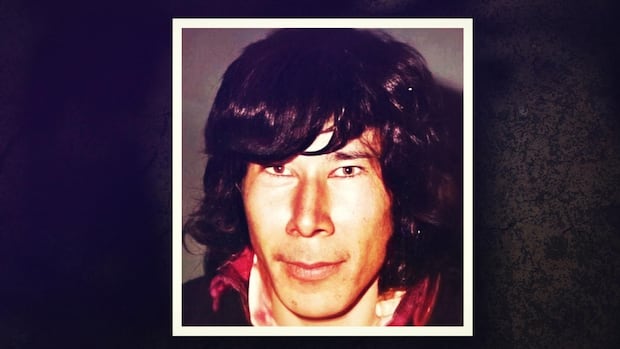A First Nations man convicted of killing a man in Winnipeg more than 50 years ago is one step closer to having his name cleared following his own death, after Canada’s justice minister ordered a new appeal in his case on Monday.
Russell Woodhouse, who died of cancer in 2011, was among four young men from Pinaymootang First Nation, in Manitoba’s Interlake area, convicted in the 1973 killing of Ting Fong Chan.
Chan, a 40-year-old father of two, was stabbed and beaten to death near a downtown Winnipeg construction site as he walked home after his shift one night at the Beachcomber restaurant.
While Woodhouse’s co-accused have since been exonerated in the case that a judge described last year as having been “infected” by systemic racism, he has remained considered a convicted killer.
Woodhouse’s appeal comes after a post-mortem conviction review in his case, marking what the federal government says is the first time that type of review has led to a remedy under the Criminal Code for someone who is already dead.
The in-depth review by the Justice Department’s Criminal Conviction Review Group, led by Justice Minister Sean Fraser, found “reasonable grounds to conclude that a miscarriage of justice likely occurred in Mr. Woodhouse’s 1974 conviction,” the department said in a news release.
Woodhouse was convicted of manslaughter in Chan’s death following a trial. He was sentenced to 10 years in prison and served more than five, said James Lockyer, one of the lawyers working to have Woodhouse exonerated.
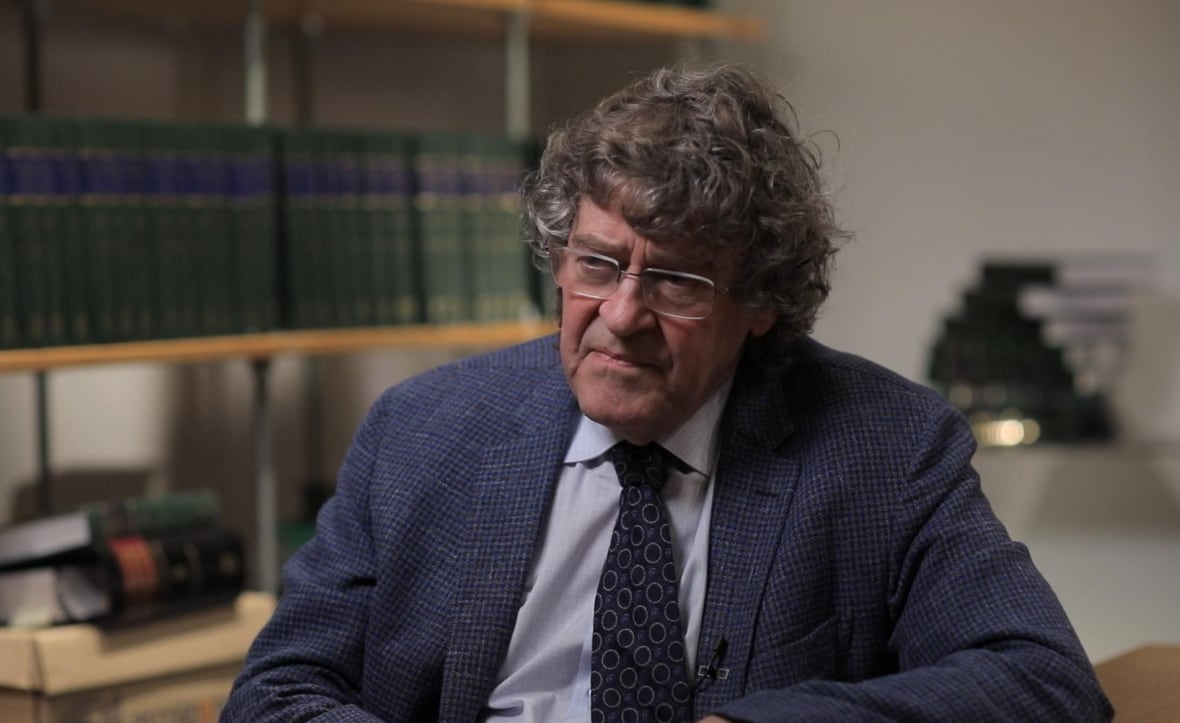 James Lockyer is a lawyer with Innocence Canada. (Doug Husby/CBC)
James Lockyer is a lawyer with Innocence Canada. (Doug Husby/CBC)
His co-accused — Brian Anderson, Allan Woodhouse and Clarence Woodhouse, Russell’s brother — were convicted of murder. All three of them are now seeking compensation from all three levels of government for their wrongful convictions.
Russell Woodhouse’s family continued to pursue an exoneration on his behalf after his death. That included an application from his sister, Linda Anderson, for a conviction review with support from Innocence Canada in 2023, the release said.
Cindy Woodhouse Nepinak, a relative of Woodhouse’s, said she still remembers growing up with the man she called Uncle Russell — a humble, quiet person who loved his family and helped raise her, who always came to shovel her driveway even after she was out on her own, and who feared coming back to Winnipeg after what happened to him there.
She said it was tough seeing what he went through and being too young to help him before he died.
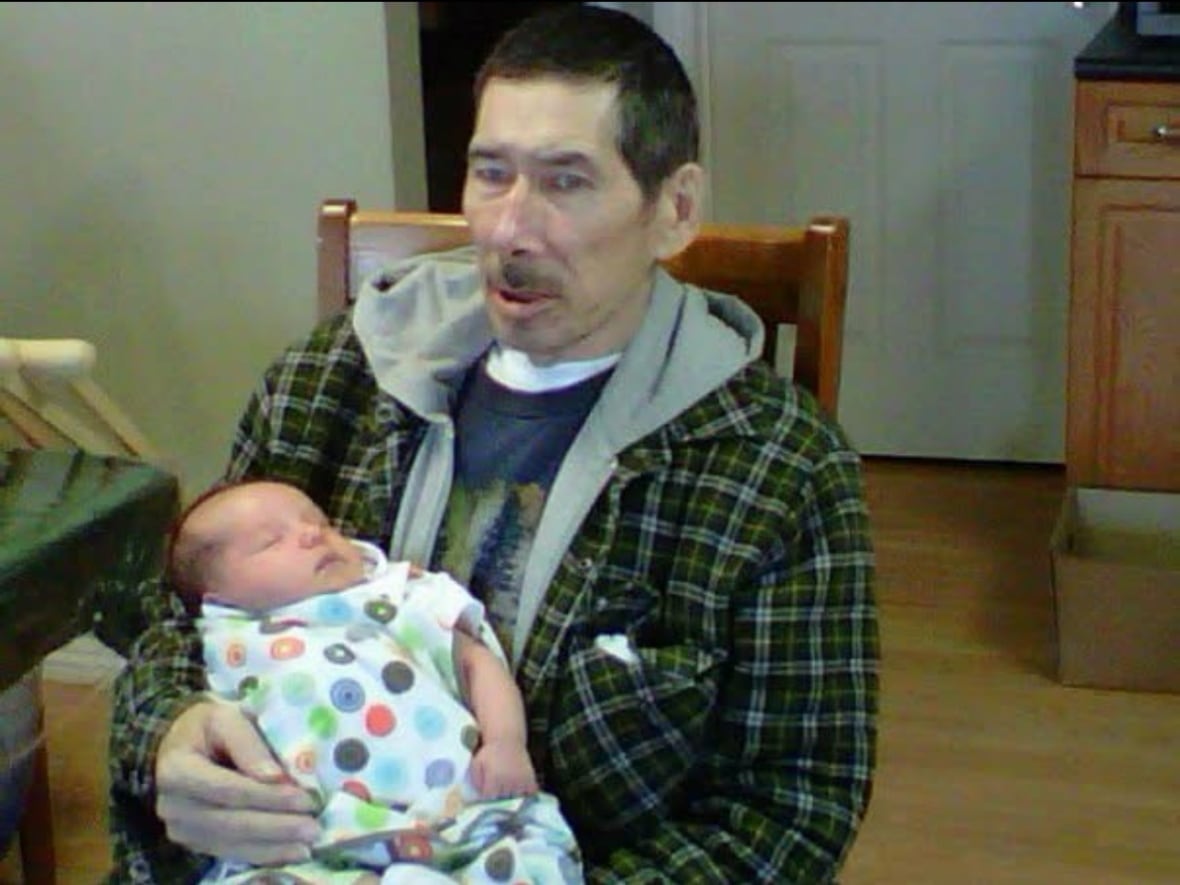 Russell Woodhouse holds Cindy Woodhouse Nepinak’s son in April 2011, not long before Woodhouse died of cancer. (Submitted by Cindy Woodhouse Nepinak)
Russell Woodhouse holds Cindy Woodhouse Nepinak’s son in April 2011, not long before Woodhouse died of cancer. (Submitted by Cindy Woodhouse Nepinak)
“He knew what happened to him was wrong. And he never knew how to fight back — to say, ‘I never did that,’ because there was never a voice for us in the justice system,” said Woodhouse Nepinak, who’s now the national chief of the Assembly of First Nations.
“And I just remember him in a good way today. But I wish he could have seen this day here on earth. … He never was able to live like that, freely.”
The case also makes her wonder how many other Indigenous families like hers are still fighting for justice.
“I want to say that, ‘Oh, you know, that could never happen now, it’s 2025. This happened in the ’70s,'” she said. “But I can’t even say that right now, because we have to fight so hard for women in landfills.”
Lawyer Lockyer said it was “gratifying” to finally hear Canada’s justice minister agree there was likely a miscarriage of justice in Woodhouse’s case.
“We have a lot to learn from Russell’s case, and the case of the other three men who were convicted with him: how racism can infect the criminal justice system, how it did back in the ’70s, and how it can be remedied,” said Lockyer, a founding director at Innocence Canada, the non-profit organization behind dozens of other exonerations across the country, including Woodhouse’s co-accused.
“This did happen, and we have to be very careful it doesn’t happen in the future — and that we find cases where it did happen in the past and do something about them.”
Lockyer said he expects to be in touch with Manitoba’s appeals court in the coming days to schedule a hearing, where he said lawyers working to exonerate Woodhouse will ask for an acquittal.
False confessions, police assaults
The four men convicted in the case — who ranged in age from 17 to 21, according to newspaper coverage at the time — were rounded up by police largely because of eyewitness accounts following Chan’s killing that mentioned Indigenous people.
All four ended up convicted in Chan’s death based mostly on confessions written in fluent English that police said they got from the young men — even though some of them barely spoke the language, and all said they had been forced or tricked into signing the admissions of guilt by officers who assaulted them.
The case was also prosecuted by George Dangerfield, who was the Crown attorney in four other wrongful conviction cases.
WATCH | Family said in January 2025 they wanted Russell Woodhouse’s name cleared:
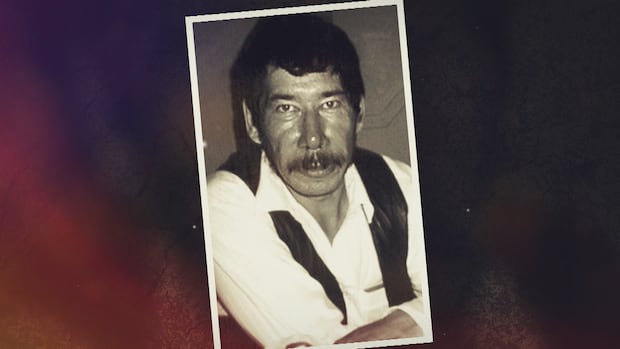
Family wants man’s name cleared in 1973 Winnipeg homicide
For more than 50 years, Russell Woodhouse has been considered a convicted killer. Now, there is one final step before his name can be cleared, as his family awaits a decision in his case from Canada’s justice minister – more than a decade after his death.
Though concerns about the men’s innocence were raised early on, it took until July 2023 before Brian Anderson and Allan Woodhouse were finally exonerated, and until October 2024 for Clarence Woodhouse’s exoneration.
During Clarence’s exoneration, Manitoba Court of King’s Bench Chief Justice Glenn Joyal apologized in court, acknowledging that racism marred everything in the men’s case, from the police investigation to their trial.
As for Russell Woodhouse, a Manitoba Justice spokesperson said in an email on Monday the department “agrees with the conclusion of the federal minister of justice that ordering a new appeal was warranted in this case,” but wouldn’t comment further since the matter will now be before the court.
While Justice Minister Fraser’s order for a new appeal does not decide Russell Woodhouse’s guilt or innocence, it will return the case to the courts for new information to be considered, giving the family “another chance to appeal his conviction,” the department’s news release said.
In 2024, the federal government created the independent Miscarriage of Justice Review Commission, which will be based in Winnipeg and review similar cases.
But until that new system is in place, the justice minister still has the responsibility, through an authority “that has long existed in law,” to look into cases like Woodhouse’s, the release said.
Fraser said in the news release it’s the government’s responsibility “to make sure Canadians can trust their justice system, and that means, in rare cases, taking action to right historic wrongs.”
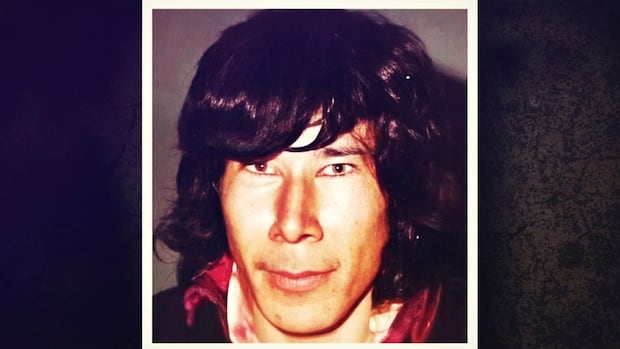
Posthumous appeal ordered for 4th First Nations man convicted in 1973 homicide
Russell Woodhouse spent 10 years in prison for manslaughter in the 1973 death of a man in Winnipeg. While the three men who were convicted with him have since been exonerated, the federal government is now calling for Woodhouse’s conviction to be appealed, even though he died in 2011.

